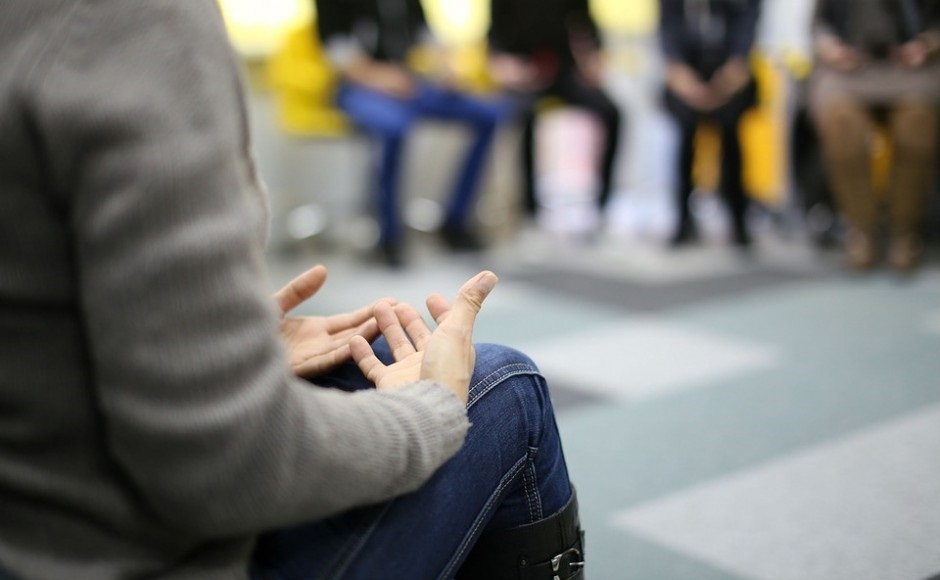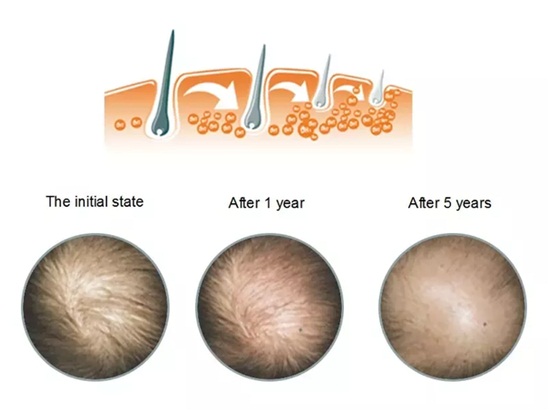At Yellowstone Recovery, our Intensive Outpatient Treatment program takes a multi-pronged approach to fighting addiction. One of the keystones of this approach is our group therapy sessions. Sometimes it takes a community to really get sober. Group therapy gives you a chance to support and be supported by people who have many of the same struggles as you. Here are four ways that you can get the most out of group therapy sessions at IOP Costa Mesa:
1: Show Up
Sounds obvious, right? However, it’s all too easy for parts of your schedule to slide when you’re struggling with an addiction. Make group therapy a priority. Mark it down on your calendar or to-do list and challenge yourself to show up on time, every time.
2: Involve Yourself
When you’re new to a group, it’s easy to feel anxious and retreat into a shell. After all, other people at group therapy may be doing it too. They’ll sit quietly, listening but never speaking up, and they are missing out. While it’s true that you can learn a lot from other people, your own story and your perspective are worth sharing.
3: Be Honest
It’s natural to want to make a good impression, but censoring what you think or are really going through will slow your recovery progress. Don’t be afraid to share your truth even if it’s messy or painful. You’ll lead by example, encouraging others to be honest, and you’ll have a chance to face down your personal demons.
4: Practice Active Listening
Passive listeners sit back, letting others’ words flow over them as they wait for their turn to speak. Active listeners engage in several ways:
- They pay attention to the speaker, not the view through the window or their phone.
- They nod or make small response noises like ‘uh-huh’ to indicate they’re engaged.
- They ask questions if they aren’t clear on someone’s main points.
- They think about what that message means to them instead of jumping straight to a response.
- They summarize the other person’s points to make sure they didn’t miss anything.
- They respond openly yet kindly when it’s their turn to speak.
It sounds like a lot, doesn’t it? The good news is that active listening is a skill like any other. The more you practice this new way to communicate, the easier it will get.





